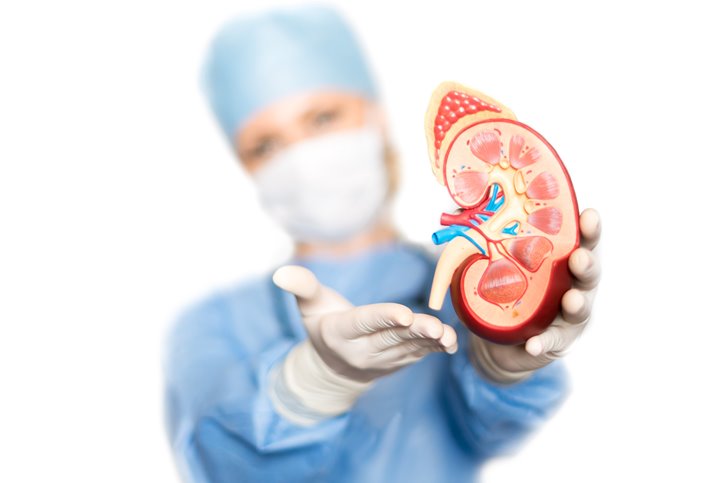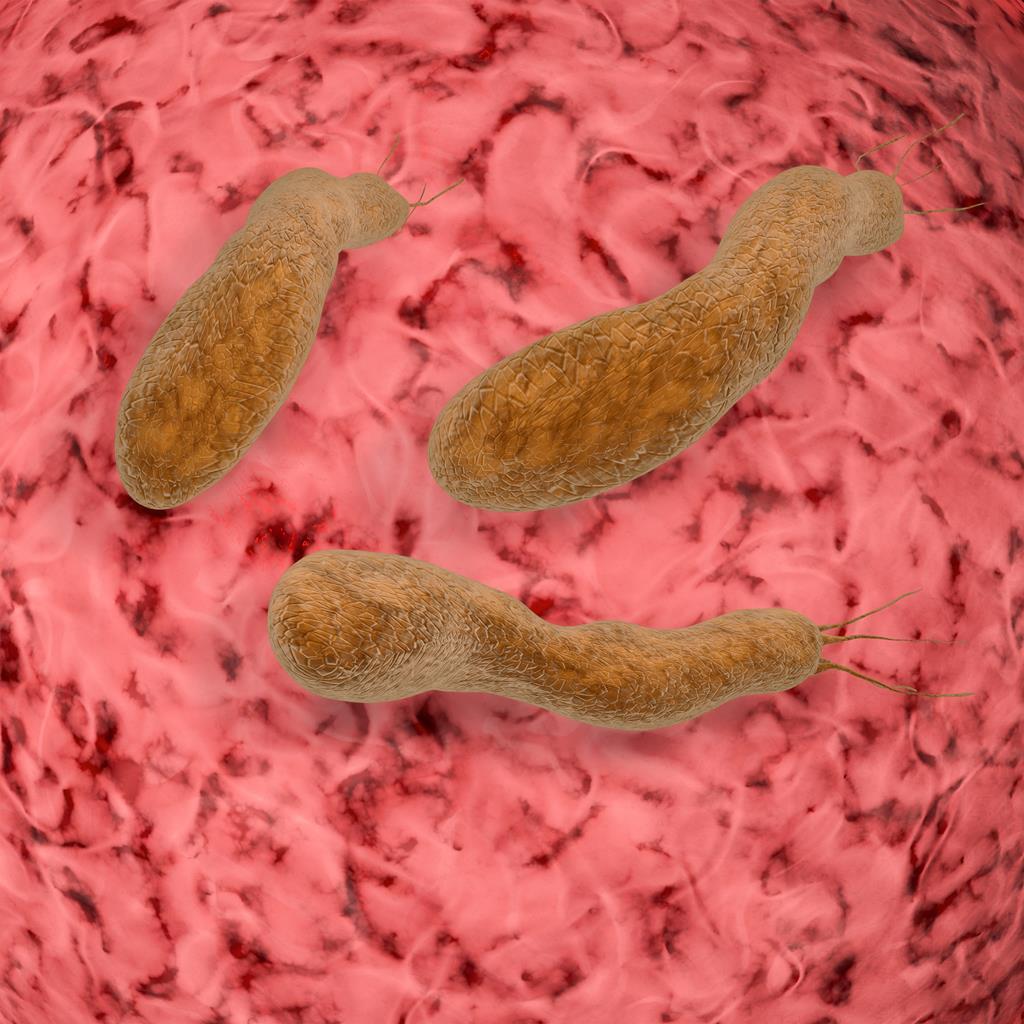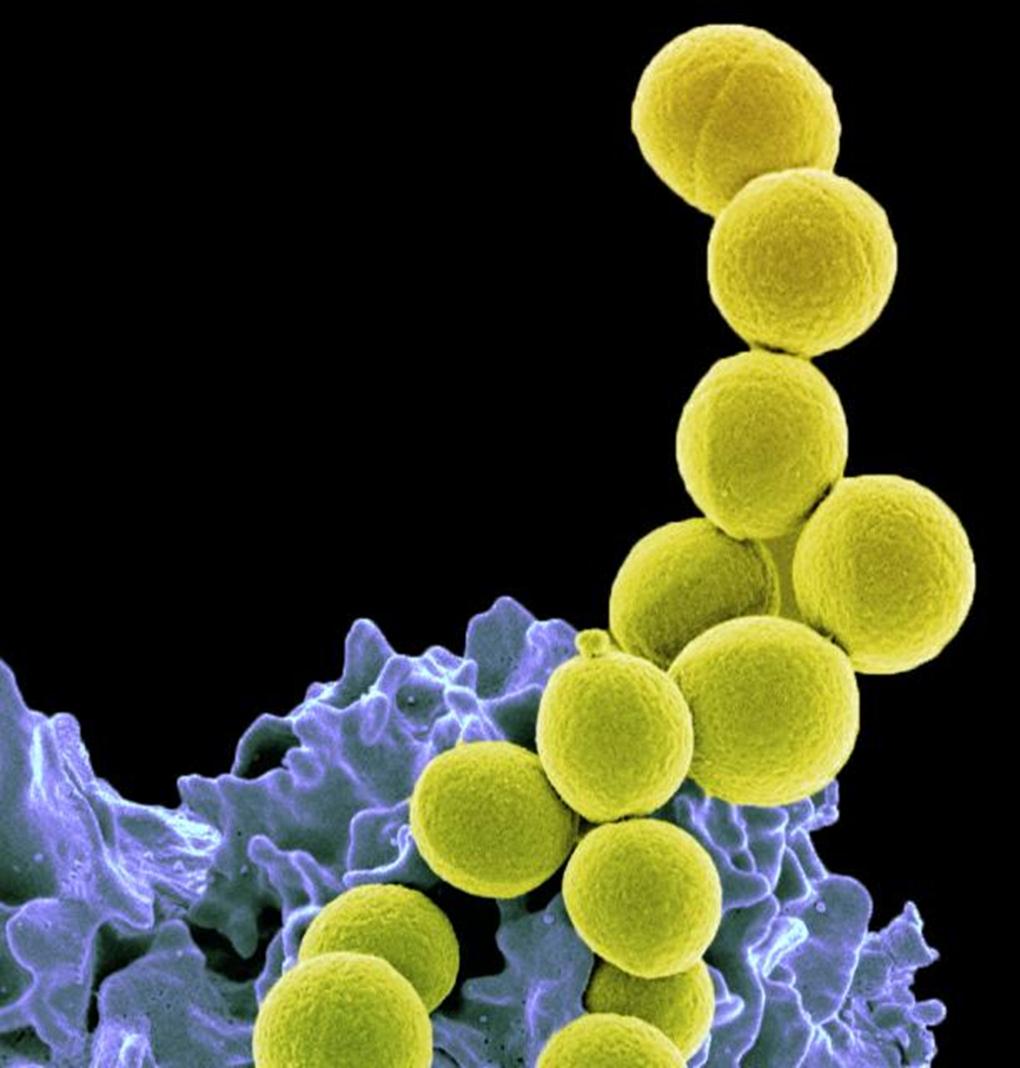MRSA is the acronym for methicillin resistant staphylococcus aureus, a life threatening infection caused by a particular strain of staphylococcus bacteria that is resistant to most antibiotics. According to the Centers for Disease Control and Statistics, there are more 80,000 reported cases of MRSA infections in the US yearly, causing over 10, 000 deaths per annum.
MRSA screening
MRSA infection often starts as a swollen reddish bump that is painful and might resemble a spider bite or a pimple. The swollen pump is normally warm and full of pus. When these infection spread deeper into your body, it can cause a life threatening infection in your heart, bloodstream, bones, lungs, and joints.
Causes
It is caused by a particular type staphylococcus bacterium. Staphylococcus bacteria are found in the nose of about 33 percent of the US population without causing any problems. These bacteria may cause minor screen problem if they enter your body through wound or cut. However, of the 33 percent of individuals who chronically carry staphylococcus bacteria, less than 2 percent have the MRSA strain of staph.
Treatments
Though MRSA infections can be more daunting to treat than common bacterial infections, they are still treatable since staphylococcus bacteria are not resilient to all antibiotics. Depending on the severity of symptoms, antibiotic pills or injections may be used and you may also be required to take a combination of antibiotics.
Minor infections on the skin may not require any medication, other than draining away any fluid or pus, but in most cases you will be prescribed antibiotics that MRSA is not resistance to.
Prevention
There are a number of precautions you can observe so as to avoid being a victim of MRSA infection. These include:
- Keeping your hands clean: You should always wash your hands with warm water and antibacterial soap for at least for 15 seconds after touching things or objects in a public place. If you are not able to wash your hand physically, you can use hand sanitizer that has at least 62 percent alcohol.
- Avoid sharing personal items: Staphylococcus bacteria can survive on non-living objects, such as sheets, towels, sheets, athletic equipment, and clothing, which make it easier to infect other people.
- Sanitize linens: sheets, dirty gym clothes and wash towels should be soaked more often in warm water to kill bacteria that might be present before washing. You can also use antibacterial cleaning agent and dry them using a hot dryer to get rid of bacteria completely.
- Cover any wounds: If you have abrasions or any cuts, clean them and cover with a, sterile bandage until they start healing. This will prevent your wound from being infected, and also prevent you from spreading this infection if your wound or cuts have MRSA bacteria.
- Shower after vigorous activities: Always take a bath immediately after games with soap and hot water.
MRSA Screening
You can visit your doctor to find out if you carry MRSA your skin. This helps to minimize the chance of you developing an MRSA infection or passing it to other people.
During MRSA screening process, a swab (cotton bud) will be run over your body, so it can be examined for MRSA bacteria. Swabs can be taken from different places, such as your throat, nose, groin, armpit, and any area where the skin has been damaged.
Sourced from: Alot
Posted on May 22, 2023


